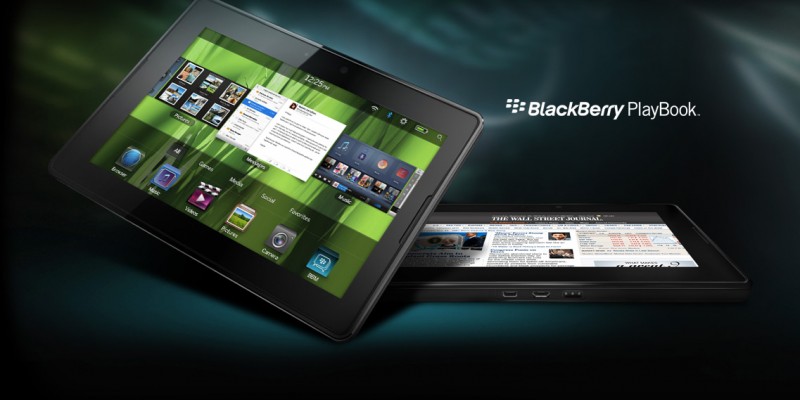Voice of Objectivity is an ongoing column meant to temper the tendency of the Techcited to run away with the most exciting or controversial ideas in technology’s near future. The opinions presented here do not necessarily represent the views of Techcitement or this writer. Someone’s got to keep a cool head around here. I guess I’ll just have to pretend it’s me.
The year was 1998, and an obscure Canadian company called Research in Motion was about to replace the two-way pager industry. The Blackberry 850 Wireless Handheld was an oddball product, sporting a full QWERTY keyboard and a scroll-wheel on the side, so users could work their way through 8 lines of text in black and grey. But the thumb keyboard was surprisingly useful for its size, and combined with the easy-setup push email system the device sported, Blackberry was set to become a household name.
In the decade that followed, RIM’s Blackberry products came to dominate the US smartphone market, peaking at 43% market share in January of 2008. In the corporate world, Blackberries became synonymous with mobile email (their push servers revolutionized the speed of that communication), and consumers fell in love with RIM’s Blackberry Messenger instant messaging program. The addictive nature of all this instantaneous mobile communication earned these devices the moniker “Crackberry”.
And then, in the last 3 years, RIM has gone from the leader of the pack, to third place and fading fast. A combination of iOS and Android devices has been tearing into RIM’s market share, especially in the consumer space. As the newcomers’ enterprise support improves, Blackberry’s dominance in that arena is starting to fade as well. Corporate users are looking for a convergence device, something that they can use for personal entertainment purposes, that their IT departments will support as well.
RIM stockholders and the technology world at large are left wondering, what happened? How did one of the most innovative mobile tech companies suddenly become a dinosaur? Their first consumer-oriented models, the Pearl and 8800 series, were big hits (despite the introduction of the finicky trackball), but they were also the last major change in Blackberry design for a long time. The Curve, Bold, and Tour all looked like the exact same device, with minor aesthetic changes from the 8800s. Even when Blackberry started trying something different again, it was largely derivative of its competitors. The touchscreen-operated Storm was poorly received, and even the later Torch (which learned from many of the Storm’s failures and kept Blackberry’s signature keyboard along with the touchscreen) was short on features and built on weak hardware compared to its Android and iOS competitors.
So if RIM is fast declining in market share, and has stopped innovating in either hardware or software, are they still a relevant player in the mobile world of the future? That question is so common lately that it prompted RIM co-CEO Mike Lazaridis to cut short an interview with the BBC because he had been asked it one time too many.
Fortunately, there is some light for the beleaguered company on the horizon. Despite a somewhat confused marketing campaign and lack of key features, the Blackberry Playbook represents a radical departure from RIM’s designs of the past. The QNX OS tosses the legacy software out the window in favor of something RIM can take into the future. Its integration with Blackberry handhelds runs deeper than any other smartphone/tablet combination, with the possible exception of HP’s new Touchpad for webOS. The Playbook seems to be a device intended for both consumers and enterprise users, and by aiming for the tablet market before phones with this new generation of devices, RIM is taking on a virtually untouched market with only one major player, rather than the much more competitive smartphone sphere. That gives them a chance to make a splash amongst a horde of nearly-identical Android tablets, and potentially give the iPad its first serious competition.
RIM has a long history of success, and the products of their best years were felt by some of the most influential sectors of the market. Corporate IT directors and the early adopters of the consumer smartphone era have primarily positive memories of their Blackberry devices and email services. The worst anyone ever had to say about RIM was that they became too comfortable with a successful model that their customers loved. So while it may well have taken RIM too long to adapt to the new era, I wouldn’t count them out just yet. While it would be overly optimistic to call the Playbook a revival product, the Blackberry could very well be just one successful version away from a lot of people backsliding. A decade of success is hard to forget, even if it did end three years ago.


[…] recently questioned the relevance of RIM these days, and we’re not the only ones. RIM’s last quarterly earnings were quite lower […]
[…] people have accused this blog of being a bit unfair to RIM. This could not be further from the truth. I write about the makers of the once-ubiquitous […]